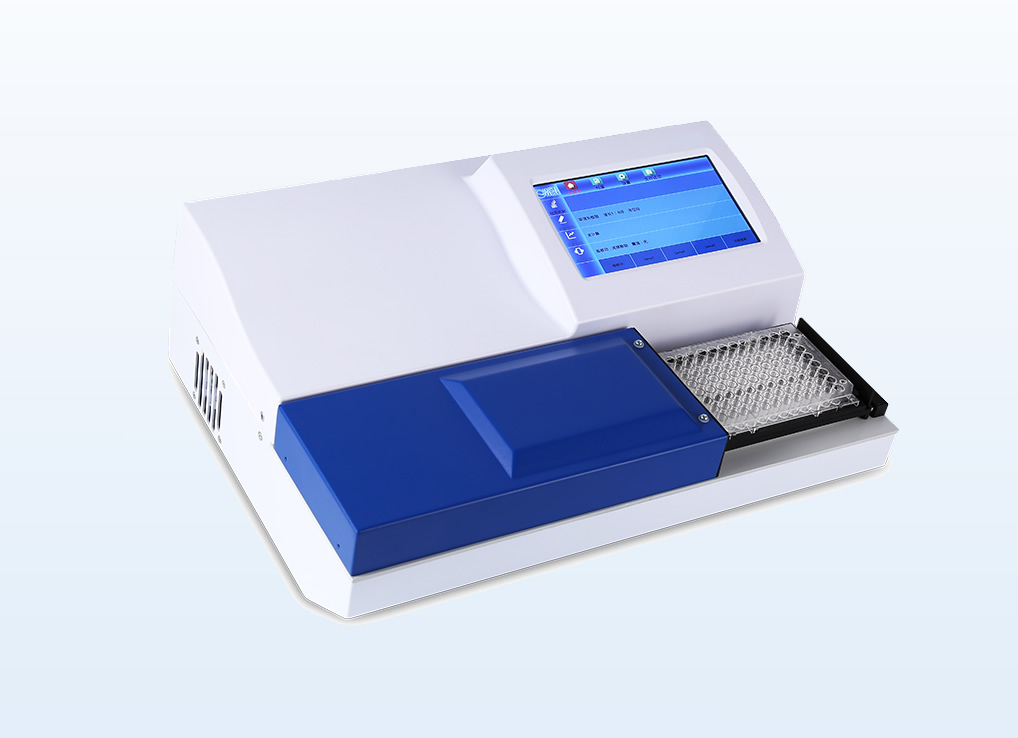Pets are family, and caring for their needs takes proactive care. Animal diagnostic centers play a crucial role in guiding treatment plans for dogs, cats, and other pets.
Throughout this resource, we’ll delve into the importance of veterinary labs and explain the testing process.
Understanding Pet Diagnostic Centers
Advanced veterinary diagnostics offer diagnostic solutions for examining samples. Veterinary professionals use these labs to monitor ongoing conditions.

Their process usually includes:
- Collecting pet health data: Blood, urine, or feces are collected at clinics.
- Sample examination: Technicians and machines deliver diagnostic insights.
- Diagnostic reports: Data supports treatments for targeted interventions.
Common Veterinary Tests for Dogs and Cats
Diagnostic exams are tailored to pet needs to prevent serious conditions. Key lab services include:
- Blood tests: Identify infections.
- Urine testing: Check for diabetes.
- Digestive system evaluations: Ensure proper nutrient absorption.
- Allergy testing: Diagnose food or environmental allergies.
- Imaging diagnostics: Detect tumors or growths.
laboratorio vet
laboratório veterinariolaboratorio de analises clinicas para animais
Why Diagnostic Exams Are Essential
Consistent lab work improves pet care. With advanced testing capabilities, your pets stay healthier longer.

Additional benefits include:
- Proactive care: Health problems are minimized.
- Avoiding costly emergencies: Early detection reduces expenses.
- Trust in their well-being: Feel secure about their health.
Conclusion: Veterinary Labs as a Cornerstone of Pet Health
Pet health labs ensure pets get the best care possible. Through proactive diagnostics, you support their quality of life.
Make pet health a priority and help them live their best lives!